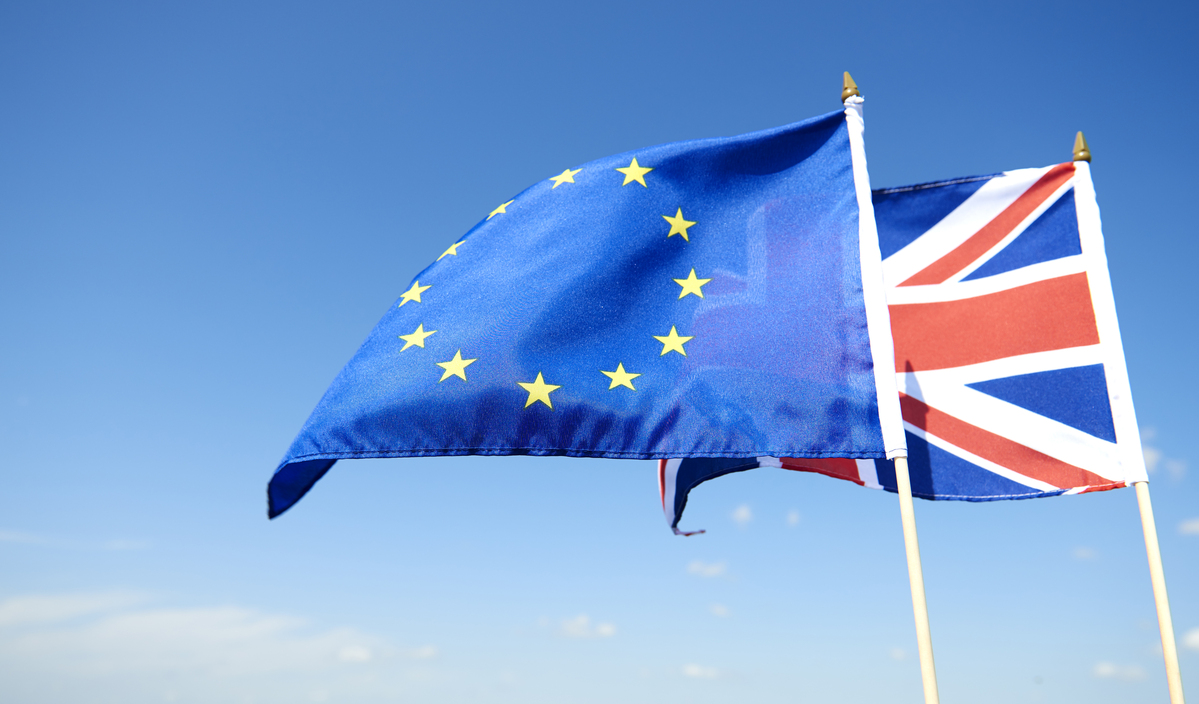What does an SPS agreement mean?
An SPS agreement aims to facilitate trade in animal and plant derived agri-food products and can take several different forms. The UK and EU have agreed a Common Understanding document which sets out the terms of their SPS negotiations. The UK has agreed to dynamically align on sanitary, phytosanitary, food safety, general consumer protection rules applicable to the production, distribution and consumption of agri-food products, the regulation of live animals and pesticides, the rules on organics as well as marketing standards applicable to certain sectors or products. Dynamic alignment means having a single rule book on the agreed areas of law in scope of the agreement. As a result of an SPS agreement, the vast majority of movements of animals, animal products, plants, and plant products between Great Britain and the European Union could be undertaken without SPS certificates and checks.
The UK will make a financial contribution in return for having access to decision making committees, databases, data etc. but won’t have the right to vote in committees nor will it have access to the Council or its preparatory bodies which are reserved for Member States. The SPS agreement will be subject to a dispute resolution mechanism with an independent arbitration panel that ensures that the EU Court of Justice will have the final say for all questions of EU law.
Why do we want an SPS agreement with the EU?
Since 1 January 2021 the EU has applied third-country customs and border controls to UK agri-food exports, including documentary and physical checks.
- UK exporters of products of animal origin (POAO), including meat and dairy, now require vets to inspect individual export consignments and sign Export Health Certificates. This poses organisational challenges that impede the flow of goods and incur costs with exporters paying veterinarians up to £185 per consignment, and consequently UK products are now less cost competitive in the EU than previously. Compliance with new export requirements also requires additional expertise in exporting or the outsourcing of such services, at cost to the business.
- UK exports of live animals have also stopped due to the absence of key infrastructure for checks in the EU short straight.
- GB exports of seed potatoes have been banned since Brexit, causing jeopardy in the UK and EU markets.
- The EU also operates a list of prohibited and restricted goods, including chilled minced meat and chilled meat preparations (such as sausages), meaning these goods cannot currently be exported from the UK to the EU.
- For horticulture businesses, there remain many concerns with the implementation of the latest phase of UK border controls, most acutely that the shift of controls away from their businesses to Border Control Points (BCPs) adds an additional level of risk and cost to a highly biosecure, ‘just-in-time’ supply chain. BCPs are seen by the industry as a point of infection risk, rather than inspection.
Does the SPS agreement impact tariffs?
Tariffs between the EU and the UK are regulated under the Trade and Cooperation Agreement (TCA) which establishes tariff-free trade between the EU and the UK. Therefore, the SPS agreement doesn’t impact tariffs. It facilitates trade by reducing or eliminating the need for documentary, identity and physical checks, the necessary paperwork (e.g. export health certificates, phytosanitary certificates) and associated costs.
Background on EU-UK Trade
The EU is the UK’s largest market for agri-food trade: in 2024 UK exports in value to the EU represented 68% out of total exports, while EU imports represented 70.7% of all UK imports. Since 2019, UK exports to the EU in volume terms have decreased by 37.4%% while imports have marginally increased by 5.2%. In value terms, our exports to the EU have almost got back to the same level as in 2019 (-0.8%), and our imports from the EU have grown by 31.4% in the same period.
What has been agreed as regards linking of emissions trading systems?
The European Commission and the United Kingdom have agreed to work towards establishing a link between their Emission Trading Systems (ETS). As a result, carbon allowances issued by either the EU or the United Kingdom could be recognised for compliance under the greenhouse gas emissions trading scheme of the other party. Furthermore, the linking agreement would create conditions for the mutual exemptions from the respective European Union and the United Kingdom Carbon Border Adjustment Mechanisms. Currently, the Carbon Border Adjustment Mechanism doesn’t cover agricultural products but has fertilisers in scope. The overall impact of alignment on fertilisers price is hard to gauge. The agriculture sector might benefit from consequent opportunities in the low carbon economy.
What next?
In the coming weeks and months, the UK and EU will negotiate the details of the SPS agreement, for instance the pieces of EU legislation in scope and the exceptions to dynamic alignment. Until negotiations with the EU are concluded, and the necessary legislative changes are introduced into UK law, the current arrangements remain in place.
Over the coming months, the BAB team in Brussels will continue to follow the EU-UK negotiations on an SPS agreement, and the implications for British farmers.
